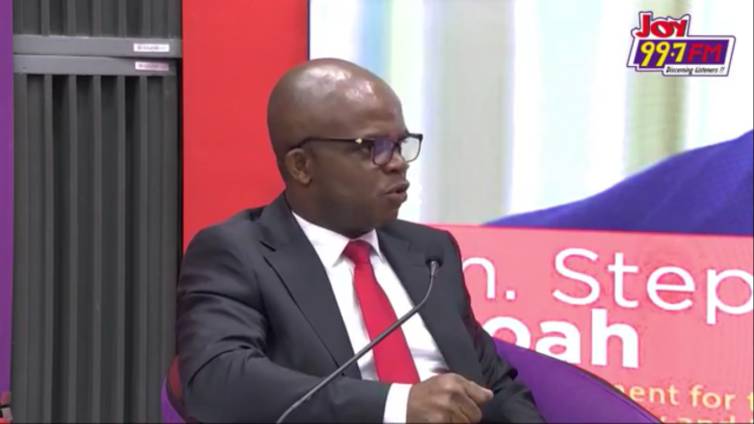Nhyiaeso MP Stephen Amoah has joined calls for government to effectively reduce its expenditure to deal with the current economic crisis.
The MP in an interview with Samson Lardy Anyenini on Newsfile, Saturday, said left to him alone, all deputies of state-owned agencies should be delayered.
He said some deputies of state agencies have contributed to the “extremely unproductive spending of government”.
“I will also let any Land Cruiser being used that is paid for by the government, maintained by government, fueled by government to be parked so when you are driving outside your region, you can drive but when you are in the capital town use small cars,” he said.
According to him, government has no business appointing deputies for state-owned agencies because it cannot derive the needed productivity from them.
The Nhyiaeso MP noted that the economic crisis is a wake-up call for government to look at some of these state-owned agencies.
The MP also charged government to cut off some state-owned agencies that have outlived their relevance to reducing expenditure.
For instance, he believes agencies such as the Microfinance and Small Loans Centre (MASLOC), Youth Employment Agency (YEA) and the National Entrepreneurship and Innovation Programme (NEIP) can be merged because they appear to have the same mandates.
“I think state-owned agencies, we need to look at them. For instance, I disagree with having NEIP, YEA, EYA, MASLOC; I am against it. They seem to be providing the same services. Government can merge them, cut down expenditure on overheads and all infrastructure and other things so we can save money.
“I think our government should listen to some of these good things and quickly make changes in these areas,” he explained.
Stephen Amoah was speaking in reaction to new expenditure measures announced by government to raise more revenues and stabilise the economy.
On Thursday, Finance Minister Ken Ofori-Atta, at a press conference in Accra, revealed a wide range of plans to salvage the country’s economy.
The country’s total public debt stock stood at about ¢344.5 billion as of November 2021; a situation experts have described as alarmingFuel prices have also crossed the ¢10 per litre mark amid the freefall being experienced by the local currency.
The Minister expressed optimism that the measures will go a long way to cushion the citizenry amid the economic downturn.
Addressing the media on Thursday, he blamed the situation on the inability to approve portions of the 2022 budget, especially the E-Levy and the ongoing war between Russia and Ukraine.




No comments yet
Be the first to share your thoughts!